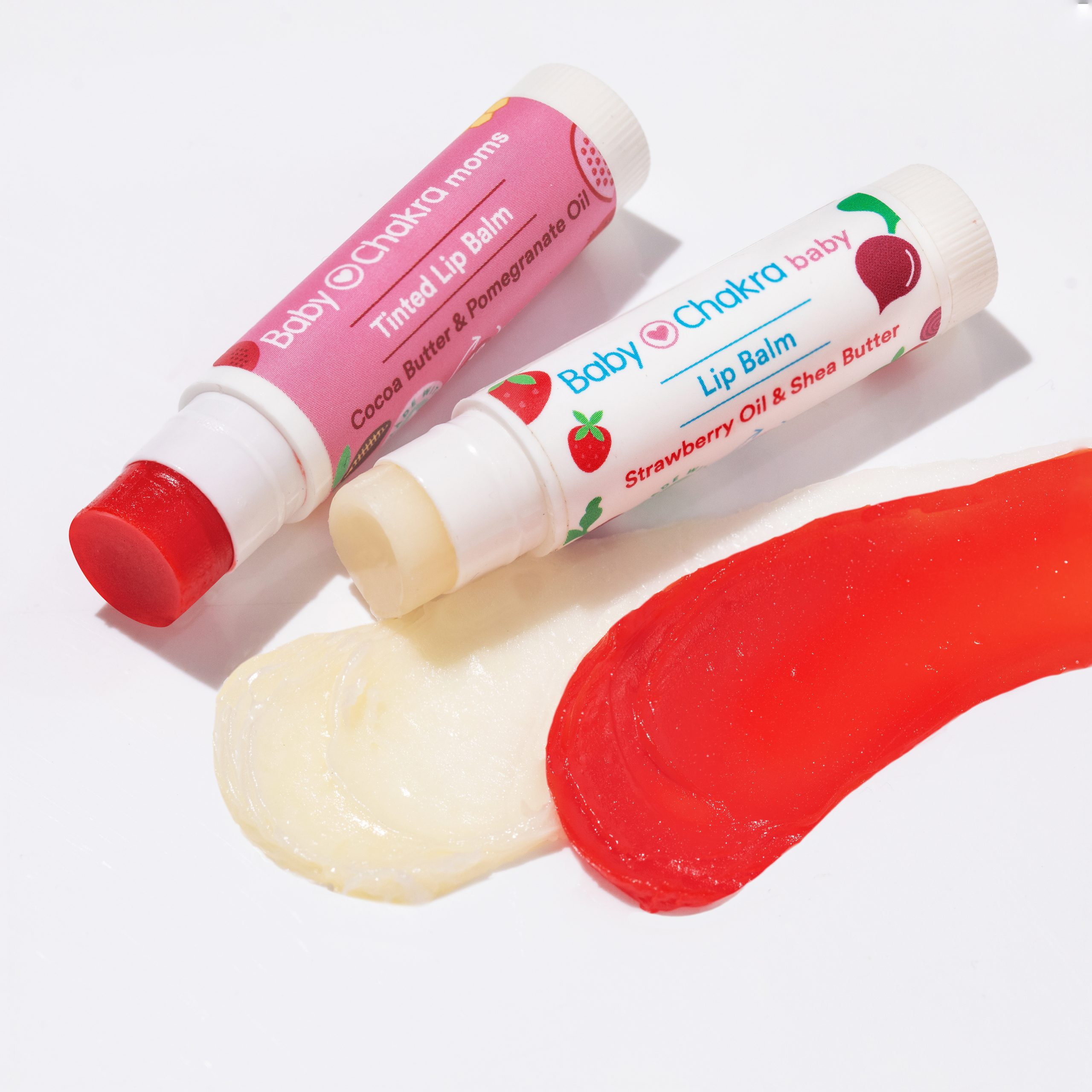
How To Increase Folate Acid In Pregnancy?
30 Mar 2023 | 4 min Read
Manisha Pradhan
Author | 1053 Articles
Folate, also known as vitamin B9 or folic acid, is an essential nutrient for healthy cell growth and development. It is particularly important during pregnancy because it plays a crucial role in fetal growth and development.
It is essential to make sure your intake of folate acid in pregnancy is adequate. Here are some ways you can increase the intake of folate acid in pregnancy.
What Is Folate?
Folate is a water-soluble B vitamin that occurs naturally in foods such as leafy green vegetables, citrus fruits, beans, and fortified grains. Folate is essential for the production of DNA and RNA, the building blocks of cells. It also plays a critical role in the formation of red blood cells and the proper functioning of the nervous system.
When a woman becomes pregnant, her body needs more folate to support the growth and development of the fetus. The National Institutes of Health recommends that pregnant women consume 600 micrograms (mcg) of folate per day, which is twice the amount recommended for non-pregnant women.
How Does Folate Acid Help In Pregnancy?
Folate plays several important roles during pregnancy, including:
- Supports Fetal Growth and Development
- Helps Prevent Miscarriage and Preterm Birth
- Supports Placenta Formation
- Reduces the Risk of Birth Defects
Why Is Folate Important For The Expectant Mother?
Consuming adequate amounts of folate during pregnancy is not only important for the health of the developing baby, but it is also important for the mother. Folate can:
Prevent Anemia
During pregnancy, a woman’s blood volume increases to support the growing fetus. Folate acid in pregnancy helps to produce new red blood cells, which can prevent anaemia, a condition in which the body does not have enough red blood cells to carry oxygen to the body’s tissues.
Support a Healthy Pregnancy
Consuming enough folate acid in pregnancy can also help to prevent complications such as preeclampsia, a serious condition characterized by high blood pressure and damage to organs such as the kidneys and liver.
Prevent Cardiovascular Disease
Folate acid in pregnancy has been shown to reduce the risk of cardiovascular disease in women, which is the leading cause of death in women worldwide. Studies have found that women who consume adequate amounts of folate before and during pregnancy have a lower risk of developing cardiovascular disease later in life.
How Do I Increase Folate Acid In Pregnancy?
Pregnant women need to consume adequate amounts of folate acid to support the growth and development of the fetus. Here are some ways to ensure you are getting enough folate acid in pregnancy:
Take a prenatal vitamin
Prenatal vitamins are specifically designed to meet the nutritional needs of pregnant women, including adequate amounts of folate. Look for a prenatal vitamin that contains at least 400-800 mcg of folate acid..
Eat folate-rich foods
Foods that are high in folate include leafy green vegetables (such as spinach, kale, and collard greens), beans, lentils, citrus fruits, fortified cereals, breads, and avocado
Avoid alcohol and smoking
Alcohol and smoking can reduce folate absorption and increase the risk of birth defects.
Don’t overcook food
Cook your food gently to minimise the loss of folate. That’s because folate acid is very sensitive to destruction by oxidisation, UV light and heat.
Avoid excess intake of Vitamin A
Taking too much vitamin A, which can interfere with folate absorption.
If you have a medical condition that affects folate absorption, talk to your doctor about how to increase your folate intake. Consider taking a supplement if you are not able to get enough folate from your diet. Monitor your folate levels during pregnancy to ensure they are within the healthy range.
In conclusion, getting enough folate during pregnancy is essential for the health of both the mother and the baby. By eating a balanced diet, taking prenatal vitamins, and following the tips above, you can ensure you are getting enough folate to support a healthy pregnancy. If you have any concerns about your folate intake, talk to your doctor.
You may want to check out some pregnancy-safe skincare products:
Also Read:
Here’s All That You Need To Know About The Procedure Of Dilation And Curettage
Pregnancy With Endometriosis: What You Need To Know
Cover image source: freepik
A


Related Topics for you
Suggestions offered by doctors on BabyChakra are of advisory nature i.e., for educational and informational purposes only. Content posted on, created for, or compiled by BabyChakra is not intended or designed to replace your doctor's independent judgment about any symptom, condition, or the appropriateness or risks of a procedure or treatment for a given person.


